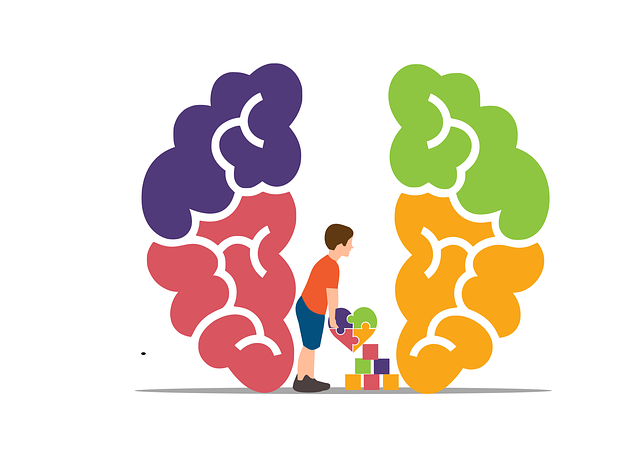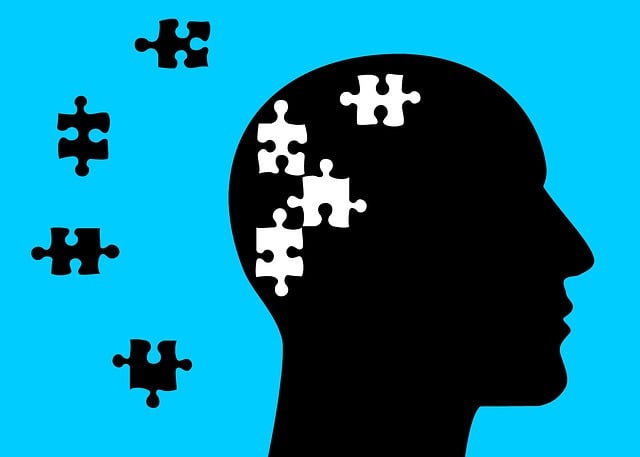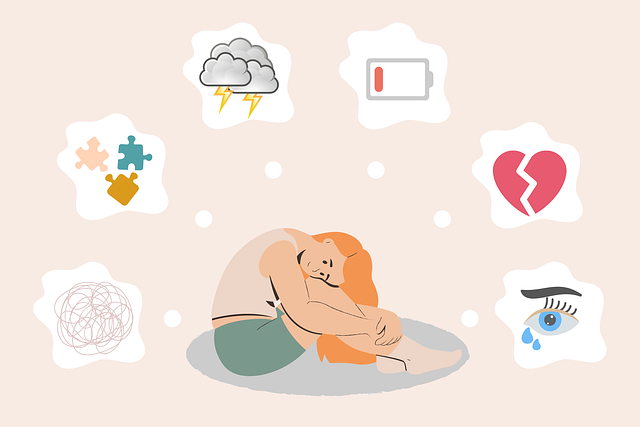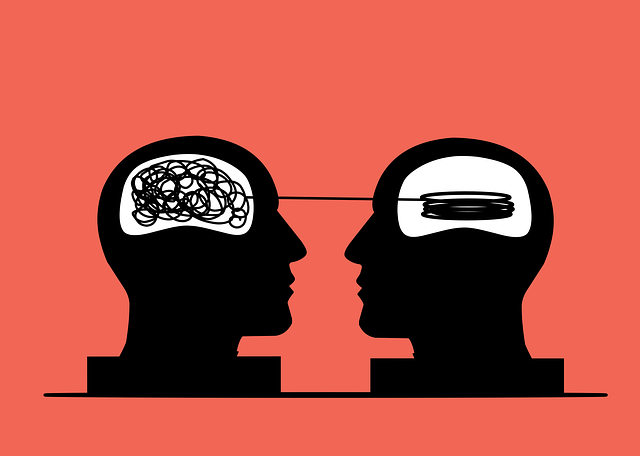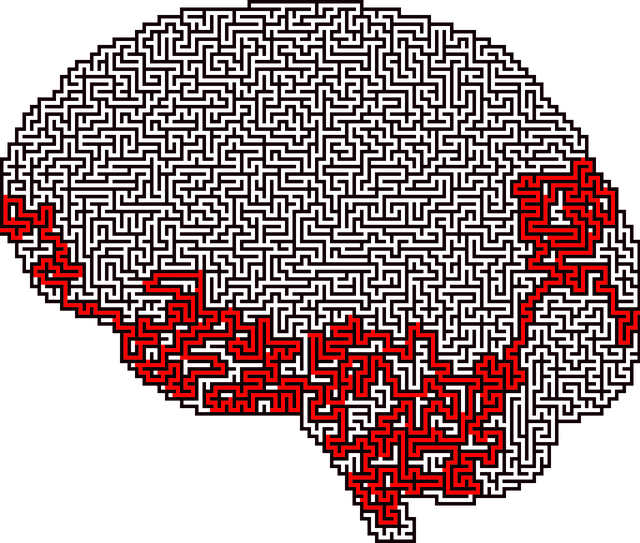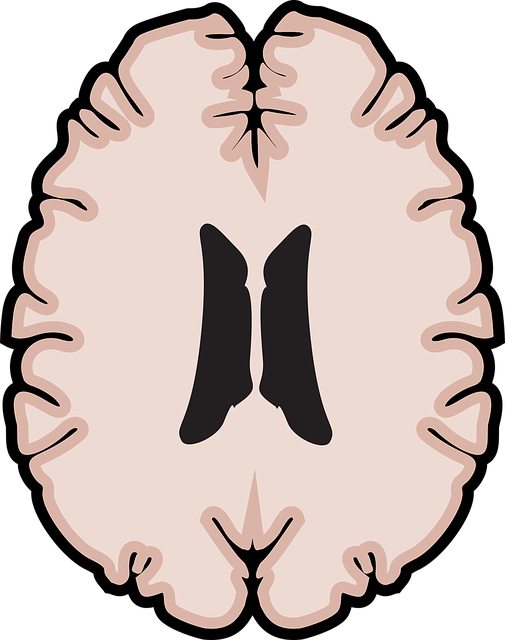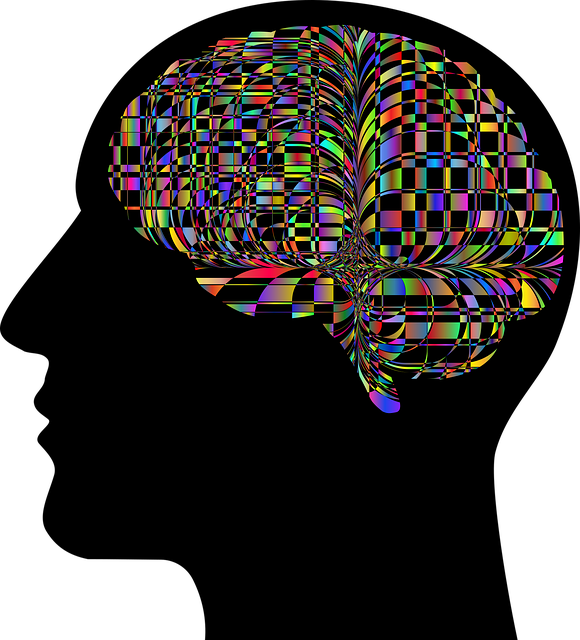Codependency in older adults, often overlooked, arises from life experiences like loss or isolation, manifesting as an excessive need for validation. Therapy focuses on community outreach programs teaching compassion and mindfulness to challenge unhealthy reliance, boost self-worth, and foster independence. The RFM model cultivates emotional intelligence and self-esteem, empowering elders to manage stress and codependency, enhancing mental health and overall well-being through tailored strategies like mindfulness therapy and cultural-sensitive activities.
In today’s digital era, understanding codependency among elders is more crucial than ever. This complex dynamic can significantly impact their mental resilience and overall well-being. The article explores a therapy model known as RFM (Relational, Functional, Mindfulness), designed to build resilience in the elderly population. We delve into practical exercises that can be implemented to foster independence and navigate the challenges of codependency, offering a vital tool for professionals supporting this demographic.
- Understanding Codependency in Elders and Its Impact
- Introducing RFM: A Therapy Model for Resilience Building
- Practical Exercises to Foster Resilience in an Elderly Population
Understanding Codependency in Elders and Its Impact

Codependency is a complex emotional pattern that often goes unnoticed, especially in elderly populations. In this age group, it can manifest as an over-reliance on others for validation and support, leading to impaired decision-making abilities and reduced resilience. Elders might have developed codependent behaviors due to life experiences, such as early losses or prolonged periods of isolation, causing them to seek constant reassurance from family members or caregivers.
Understanding codependency is crucial in the context of therapy for elders. Through community outreach program implementation, mental health professionals can facilitate groups that promote compassion cultivation practices and mindfulness techniques. This approach helps individuals recognize and challenge unhealthy reliance patterns while fostering a sense of self-worth and independence. A thorough risk assessment should be conducted to ensure these programs are safe and beneficial, especially considering the unique needs and vulnerabilities of elderly participants.
Introducing RFM: A Therapy Model for Resilience Building

Resilience is a vital asset for individuals to navigate life’s challenges and maintain well-being, especially as we age. Recognizing this need, the RFM (Resilience, Flexibility, and Mastery) model has emerged as a transformative therapy approach, offering a unique framework for building resilience, particularly in older adults. This innovative model serves as a powerful tool to enhance mental health and overall life satisfaction.
The RFM therapy model focuses on cultivating emotional intelligence and self-esteem improvement, which are key factors in fostering resilience. By incorporating various exercises designed to promote flexibility and mastery over one’s thoughts and emotions, the RFM approach empowers individuals to manage stress and adversity effectively. This is particularly beneficial for elders who may face unique challenges related to codependency issues and the need for robust risk management planning for mental health professionals. Through tailored activities and strategies, the model encourages a more adaptive and balanced mindset, enabling individuals to embrace change and build resilience that can last a lifetime.
Practical Exercises to Foster Resilience in an Elderly Population

Building resilience is an essential aspect of elderly care, and practical exercises can play a pivotal role in enhancing their mental health and overall well-being. For older adults, particularly those dealing with codependency issues stemming from their younger years, structured activities offer a unique opportunity for personal growth and self-discovery. These exercises should be carefully designed to cater to the specific needs and abilities of this demographic.
One effective approach is incorporating therapy sessions that focus on mindfulness and stress management techniques. Simple yet powerful practices like guided meditation and deep breathing exercises can help elders regulate their emotions and gain a sense of calm. Additionally, community outreach programs implementing mental health education can empower them to recognize and manage codependent behaviors, fostering independence and a strong support system within their peers. Cultural sensitivity in mental healthcare practice is crucial here, ensuring that the activities are inclusive and respectful of diverse backgrounds and traditions.
Resilience is a vital asset for elders to navigate life’s challenges, especially in addressing codependency issues. The RFM model offers a unique therapy approach, providing practical exercises tailored to enhance their coping mechanisms and overall well-being. By incorporating these strategies, we can empower the elderly to build resilience, improve their quality of life, and foster a sense of independence. This comprehensive approach to therapy is a game-changer in caring for our aging population, ensuring they age gracefully with strengthened mental fortitude.

